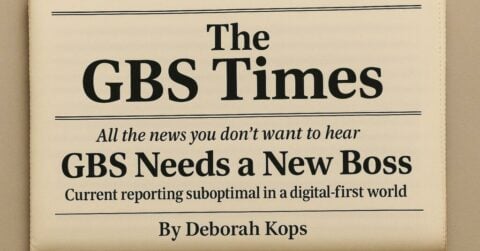
What could be the implications for global services from President Obama going to India?
It’s clear what the United States wants. We want to sell technology and nuclear equipment to India. And the U.S. wants to move India out of the China camp geopolitically into the U.S. camp. The U.S. wants trade and joint efforts in the areas of climate change and energy.
What does India want? They’re also focusing on trade. One of the key flagship industries for India has been outsourcing and global services. Of particular interest is protecting the spectacular growth of the Indian heritage firms such as Infosys, TCS and Wipro and allowing the next generation to flourish. In that important area, what could they ask of Obama?
It’s clear that with two years left in Obama’s term without a Democratic congress, there is a limit to what President Obama can agree to. But there is something big he could agree to that’s within his administrative powers. He could agree to direct the U.S. immigration service to be more flexible in how they interpret the visa laws, specifically around H-1B and L-1 visas.

As written, the immigration laws include a great deal of ambiguity, giving much discretion to the immigration services on whether to grant visas and the degree of freedom that companies or individuals have in what work they can do under those visas.
This is an area that is clearly within Obama’s ability to affect, and it would be a substantial win for India. So, Mr. Modi, I don’t know if you have asked for this – but you should.
And in no way would such a move hurt the U.S. It would not only help India but also help the U.S. economy with competitiveness. There simply isn’t enough U.S. tech talent and we have to rely on Indian talent if we’re going to be competitive in driving cloud and other new service models. The agreement could even be constructed to fit in with Obama’s ongoing pressure on Republicans to reform immigration laws.
So it’s a win for both countries.








